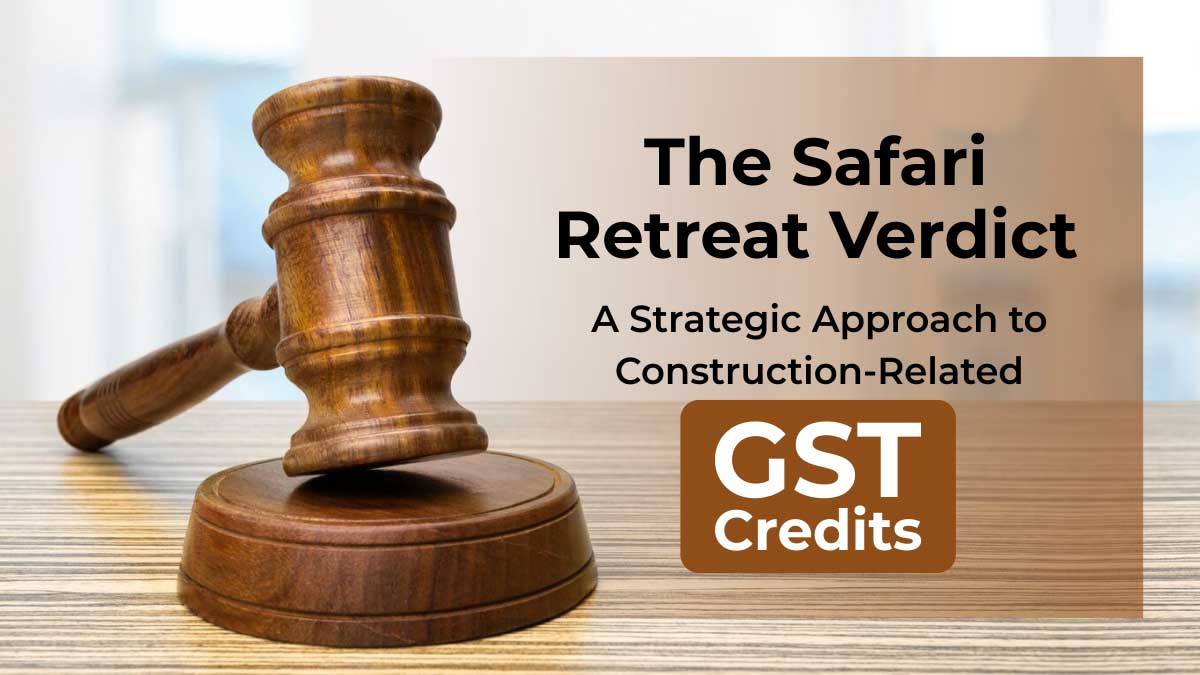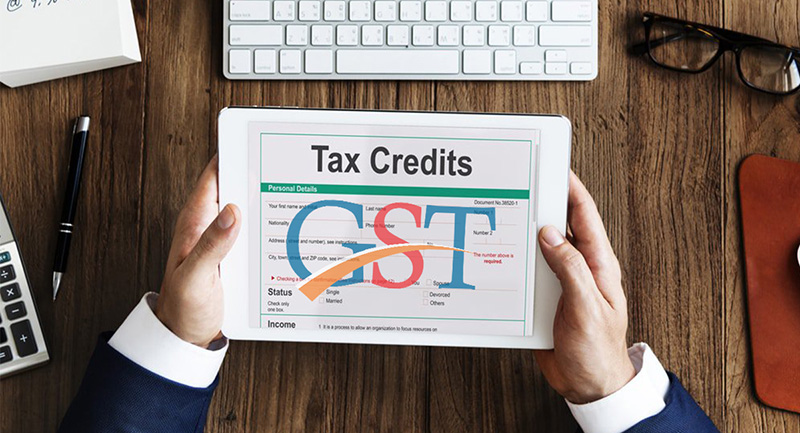
In the realm of indirect taxation, the Safari Retreat case has emerged as a significant focal point, capturing the attention of businesses and experts across the nation. The Orissa High Court’s groundbreaking decision, challenging the applicability of section 17 (5) (d) on construction-related expenses, has set the stage for a crucial legal battle that now rests in the hands of the Supreme Court.
Safari Retreats, a company engaged in the construction of malls and leasing of units, found itself entangled in a dispute over the denial of GST credits for expenses incurred in the construction process. The expenses, ranging from raw materials like cement and steel to services such as architecture and legal consultations, were deemed ineligible for credit under section 17 (5) (d). The company, however, contested this provision, arguing that such a restriction was inequitable.
The Orissa High Court, in a landmark decision, sided with the petitioners, acknowledging the principle of equity in tax legislation. The court read down section 17 (5) (d), allowing the credits and emphasizing that if a business complies with section 16 conditions, it should not be barred from availing credits on inputs used to provide a service.
As the legal saga now unfolds in the Supreme Court, businesses find themselves at a crossroads, wondering how to navigate this uncertainty. The key question is whether to avail of the construction-related credits or wait for the final verdict before taking any action.
In this scenario, a strategic approach is essential. It is prudent for businesses to avail of the credits without utilizing them immediately. By incorporating these credits into their books and the electronic rate ledger, they can preemptively position themselves for either outcome of the Supreme Court judgment.

This cautious strategy offers several advantages. First and foremost, businesses can adhere to the timelines prescribed by the law without breaching any limits. Simultaneously, by refraining from utilizing the credits until the Supreme Court delivers its judgment, businesses safeguard themselves against potential interest levies.
The fact that the Supreme Court has admitted the petition without imposing a stay on the Orissa High Court judgment further underscores the importance of this strategic approach. While the final decision rests in the hands of the apex court, businesses can proactively manage their tax positions by adopting a wait-and-watch stance.
Crucially, this approach also shields businesses from penalties. The interpretational nature of the issue implies that until a final verdict is reached, penalties are unlikely to be imposed by tax authorities. This provides businesses with a breathing space to align their actions with the eventual legal outcome.
In conclusion, the Safari Retreat case stands as a critical juncture in the evolution of indirect tax laws in India. As businesses await the Supreme Court’s final judgment, a prudent and strategic approach to availing construction-related credits can help them stay compliant, minimize risks, and adapt swiftly to the legal landscape. The key is to take the credits, park them, and await the Supreme Court’s decision, ensuring that businesses don’t miss the bus and remain prepared for any eventuality.
